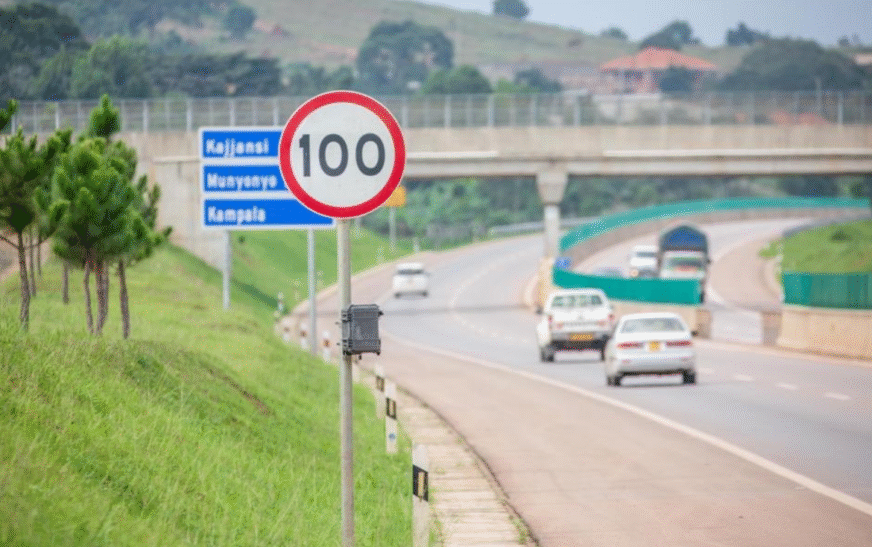Leader of the Opposition in Parliament (LoP), Joel Ssenyonyi, has raised concerns about the recently intensified implementation of the automated Electronic Penalty System (EPS), which is currently being enforced across the country.
Last month, the government began enforcing the EPS more rigorously. The system issues automated fines for a variety of traffic violations, including overspeeding, offences related to vehicle registration plates in line with the Intelligent Traffic Monitoring System (ITMS), failure to wear or fasten crash helmets, lack of proper child restraints, allowing children under five to sit in the front seat, and other infractions captured by traffic cameras.
However, the system has come under heavy criticism for issuing excessive fines without clear or accessible justification. Several transport companies have been grounded due to hefty and sometimes unexplained penalties.
While the EPS was introduced with the goal of improving road safety and traffic discipline, its current implementation has sparked widespread concern among motorists and road users. Many drivers describe the system as punitive and exploitative, rather than corrective or educational.
In a letter to Gen. Katumba Wamala, Minister for Works and Transport, Ssenyonyi highlighted the lack of adequate public sensitization prior to the EPS roll-out. He noted that many motorists are unaware of how the system operates, how to verify issued penalties, or how to contest fines they believe were wrongly assigned.
Ssenyonyi also pointed to specific problem areas, such as the Kampala Northern Bypass, where low speed limits are enforced without clear signage or justification. This lack of clarity often leads to inadvertent violations. Moreover, the slow speed requirements in high-risk areas have, according to Ssenyonyi, made motorists vulnerable to ambushes and attacks by criminals, posing serious safety concerns.
“Motorists with pending tickets are unable to renew their driving licenses or even travel out of the country. Such restrictions appear overly harsh, especially where appeals or verifications have not been processed,” Ssenyonyi stated.
Motorists have also reported receiving fines erroneously or without being made aware of the specific violation. The lack of transparency and a clear mechanism for recourse has contributed to growing public frustration.
Another concern raised involves the operation of traffic police during rush hours. In situations where officers direct traffic manually, motorists often have to disregard traffic lights in favor of police instructions. However, the EPS system may still register such actions as violations, resulting in automatic penalties.
Ssenyonyi mentioned that he would have preferred to address these concerns on the floor of Parliament but is currently unable to do so as the House is in recess.
“I request your office to review the implementation of the EPS, conduct broad consultations with stakeholders, and institute corrective measures where necessary. Road safety is a shared goal, but enforcement must be fair, just, and respectful of the rights and safety of Ugandans,” Ssenyonyi said.





















